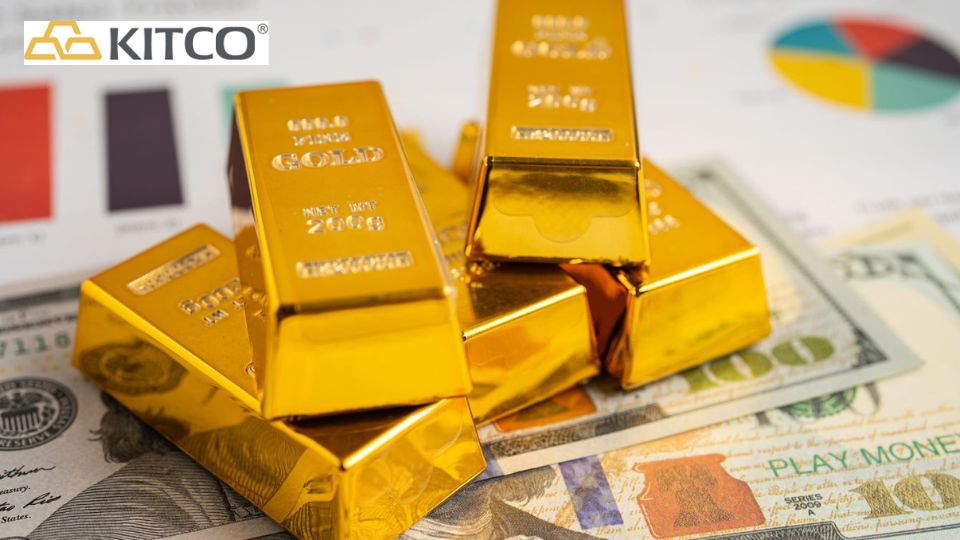- “Investors are paying more attention to gold because they don’t want to be blindsided in 2024,” he said.
- The rapidly deteriorating globalization trend, which is eroding systemic trust, poses the biggest risks for the global economy in the next two years, according to the latest research from the World Economic Forum (WEF ).
“Investors are paying more attention to gold because they don’t want to be blindsided in 2024,” he said. Joseph Cavatoni, North American markets strategist at the World Gold Council
(Kitco News) - The rapidly deteriorating globalization trend, which is eroding systemic trust, poses the biggest risks for the global economy in the next two years, according to the latest research from the World Economic Forum (WEF ).
The Global Risks Report 2024 was published Wednesday as world leaders gathered in Davos, Switzerland, for the 54 annual WEF. The report said misinformation and disinformation are the biggest short-term risks, while extreme weather and critical changes to Earth systems are the greatest long-term threats.
At the same time, the report noted that two-thirds of global experts anticipate a multipolar or fragmented order to take shape over the next decade.
“An unstable global order characterized by polarizing narratives and insecurity, the worsening impacts of extreme weather and economic uncertainty are causing accelerating risks – including misinformation and disinformation – to propagate," said Saadia Zahidi, Managing Director, of the World Economic Forum. "World leaders must come together to address short-term crises as well as lay the groundwork for a more resilient, sustainable, inclusive future."
The growing disinformation risks come as 40 countries, including the U.S., Russia, and the European Union, will hold elections this year. Pushed out to two years, the WEF said that nearly three billion people are expected to head to the electoral polls around the world.
“...The widespread use of misinformation and disinformation, and tools to disseminate it, may undermine the legitimacy of newly elected governments. Resulting unrest could range from violent protests and hate crimes to civil confrontation and terrorism,” the WEF said in its report.
Along with growing disinformation concerns, the WEF said that the ongoing cost-of-living crisis created by stubborn inflation and a potential economic slowdown remains a significant risk in 2024.
“Economic uncertainty will weigh heavily across most markets, but capital will be the costliest for the most vulnerable countries. Climate-vulnerable or conflict-prone countries stand to be increasingly locked out of much-needed digital and physical infrastructure, trade and green investments and related economic opportunities,” the report said.
The WEF’s risk report could provide further support for gold as prices continue to consolidate above $2,000 an ounce.
According to many analysts, geopolitical risks will continue to support gold prices through 2024, as investors look for safe-haven assets.
In an interview with Kitco News last month, Bernard Dahdah, precious metals analyst at Natixis, said that geopolitical risks and the growing counter-globalization trend will prompt more nations and central banks to further diversify away from the U.S. dollar and move into gold.
Joseph Cavatoni, North American markets strategist at the World Gold Council, said that he also expects geopolitical uncertainty to drive gold prices to record highs this year.
“Investors are paying more attention to gold because they don’t want to be blindsided in 2024,” he said.
Story by Neils Christensen - Redacted shorter to keep to important points and bullet points added by HGG https://www.kitco.com/news/article/2024-01-10/disinformation-and-deglobalization-are-top-2024-risks-amid-busy-election

